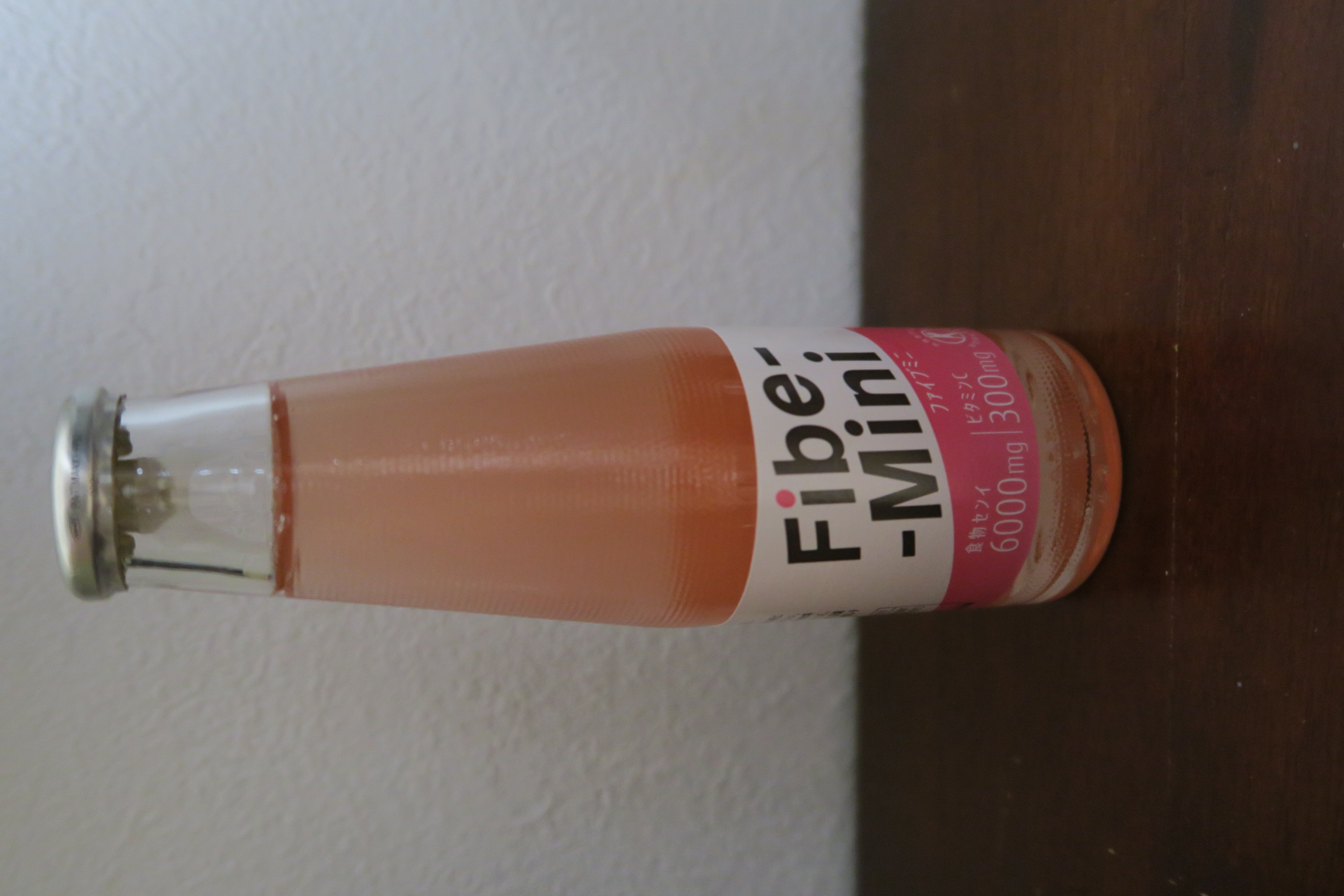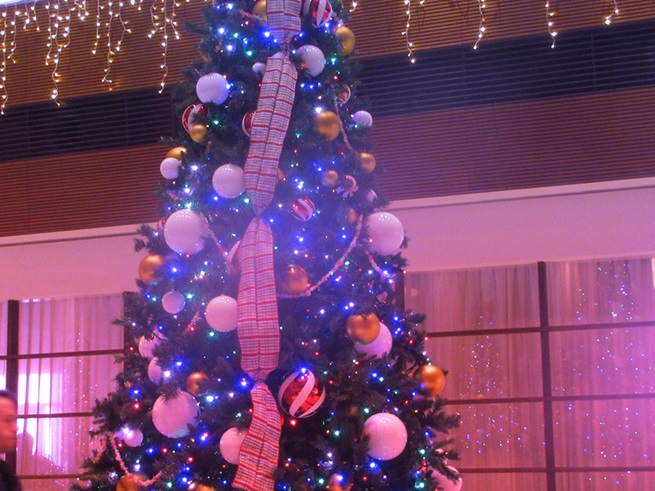★『いまを生きる』に引用された英米詩
―Oh Captain! My Captain!―
O Captain! my Captain! our fearful trip is done,
The ship has weather'd every rack, the prize we sought is won,
The port is near, the bells I hear, the people all exulting,
While follow eyes the steady keel, the vessel grim and daring;
But O heart! heart! heart!
O the bleeding drops of red,
Where on the deck my Captain lies,
Fallen cold and dead.
O Captain! my Captain! rise up and hear the bells;
Rise up--for you the flag is flung--for you the bugle trills,
For you bouquets and ribbon'd wreaths--for you the shores a-crowding,
For you they call, the swaying mass, their eager faces turning;
Here Captain! dear father!
This arm beneath your head!
It is some dream that on the deck,
You've fallen cold and dead.
My Captain does not answer, his lips are pale and still,
My father does not feel my arm, he has no pulse nor will,
The ship is anchor'd safe and sound, its voyage closed and done,
From fearful trip the victor ship comes in with object won;
Exult O shores, and ring O bells!
But I with mournful tread,
Walk the deck my Captain lies,
Fallen cold and dead.
by Walt Whitman (1819-1892)
―おお、船長!わが船長よ!―
おお、船長!わが船長よ!私たちの恐ろしい航海は終わった、
船はあらゆる苦難を凌ぎ(しの)ぎ、私たちの探(たず)ね求めた獲物はかち得られた、
港は近い、聞こえてくる鐘の音(ね)、群集はみな狂気している、
人々の目が、がっちりした船、いかつくも果敢な船の後を追うとき、
しかし、ああ、傷む心よ!心よ!心よ!
冷たくなってたおれ死んだ、
ああ、紅(あか)き血の滴(したた)り。
おお、船長!わが船長よ!起き上がって鐘の音をお聴きなさい、
起き上がってください―あなたのために旗は打ち振られ―あなたのために喇叭は吹き鳴らされ、
あなたのために花束とリボンのついた花環と―あなたのために海岸は人で埋まり、
あなたのために彼らは叫ぶ、どよもす群衆、彼らの真剣な顔はこちらを振りむいて
ああ、船長よ!なつかしい父よ!
あなたの頭を支えたこの腕(かいな)!
甲板の上にあなたが冷たくなってたおれたというのは、
それは何かの夢だ。
わが船長は答えない、彼の唇は蒼ざめて動かない、
わが父は私の腕を感じないのだ、彼には脈搏(みゃく)もなく、意識もない、
船は恙(つつが)なく錨を下ろした、その航海は終わり、務めは果たされたのだ、
恐ろしい航海から、この勝利の船はかち得た獲物をたずさえて帰航したのだ。
喜べ、おお、海岸よ、そして打ち鳴らせ、おお鐘よ!
しかし、私は傷ましい足どりで、
冷たくなってたおれ死んだ、
わが船長の横たわる甲板の上を歩むのだ。
(ウォルト・ホイットマン)
―To the Virgins, to make much of Time.―
Gather ye Rose-buds while ye may,
Old Time is still a flying:
And this same flower that smiles to day,
To morrow will be dying.
The glorious Lamp of Heaven, the Sun
The higher he's a getting;
The sooner will his Race be run,
And nearer he's to setting.
That Age is best, which is the first,
When Youth and Blood are warmer;
But being spend, the worse, and worst
Times, still succeed the former.
Then be not coy, but use your time;
And while ye may, goe marry:
For having lost but once your prime,
You may for ever tarry.
by Robert Herrick
―時を惜しめと、乙女たちに告ぐ―
まだ間に合ううちに、薔薇の蕾を摘むがいい―
昔から時間は矢のように飛んでゆくものなのだから。
ここに咲いているこの花も今日は微笑んではいるが、
明日には死に果ててゆくにきまってる。
巨大な灯のように大空に輝いている太陽も、
高く昇れば昇るほど
それだけ早く旅路を終わり、
忽ち西に沈んでゆく。
一生のうちで若い頃が一番いい、
青春の血が生き生きと脈うっているからだ。
だが、それが過ぎると、あとは悪くなる一方だ、
そして、やがて最悪の時がやってくる……。
だから、含羞(はにか)むのをやめ、自分の青春を生きぬき、
まだ間に合ううちに、お嫁にゆくがいい。
いったん花の盛りをのがしてしまえば、
永久に待ち呆けを食うだけなんだから。
(ロバート・へリック)
―SHE WALKS IN BEAUTY―
SHE walks in beauty, like the night
Of cloudless climes and starry skies ;
And all that's best of dark and bright
Meet in her aspect and her eyes :
Thus mellow'd to that tender light
Which heaven to gaudy day denies.
One shade the more, one ray the less,
Had half impair'd the nameless grace
Which waves in every raven trees,
Or softly lightens o'er her face ;
Where thoughts serenely sweet express
How pure, how dear their dwelling-place.
And on that cheek, and o'er that brow,
So soft, so calm, yet eloquent,
The smiles that win, the tints that glow,
But tell of days in goodness spent,
A mind at peace with all below,
A heart whose love is innocent!
by George Gordon Byron
―かの女(ひと)は美に包まれて歩む―
かの女は美に包まれて歩む
雲なき国の星空の夜のように。
闇と光のよい所がすべて
かの女の顔色と瞳に集まり
やさしく溶け合って生じた光は
ぎらぎらした日中には見られぬもの。
陰ひとつ多く、光ひとつ少なければ
その絶妙な典雅さは損なわれただろう。
それは烏羽玉の黒髪に波うつかと見れば
白き面の上をほんのりと照らす。
そこに現れる晴れやかにやさしい思いは
その棲家である心の清らかさを語る。
そしてかの頬、かの額の上に
やわらかく、穏やかに、思いゆたかに
心惹く微笑みや差しそめる紅の色は
心正しく過ごされた日々の証しであり
天が下の衆生とも争わぬ知性と
一切の邪念なき夢の心とを示している。
(ジョージ・ゴードン・バイロン)
―THE ROAD NOT TAKEN―
Two roads diverged in a yellow wood,
And sorry I could not travel both
And be one traveler, long I stood
And looked down one as far as I could
To where it bent in the undergrowth;
Then took the other, as just as fair,
And having perhaps the better claim,
Because it was grassy and wanted wear;
Though as for that the passing there
Had worn them really about the same,
And both that morning equally lay
In leaves no step had trodden black.
Oh, I kept the first for another day!
Yet knowing how way leads on to way,
I doubted if I should ever come back.
I shall be telling this with a sigh
Somewhere ages and ages hence:
Two roads diverged in a wood, and I-
I took the one less traveled by,
And that has made all the difference.
by Robert Frost
―行かなかった道―
黄葉の森の中で 道は二つに分かれていた
残念だが二つの道を行くことはできなかった
身一つの旅人ゆえ、しばらく立ち止まり
一方の道を 目の届くかぎり
下生えの茂みに曲っていくところまで見渡した。
それからもう一方の道を眺めた、同じように美しい、
あるいはもっとよい道なのだろう、
それは草深く まだ踏みつけられていなかったから。
だがそのことついていえば、実際は
どちらも同じ程に踏みならされていた、
しかもその朝は いずれも同じように
黒く踏みあらされない木の葉でおおわれていた。
おお、わたしは はじめの道を、またの日のためにとっておいた!
だが 一つの道が次々に続く事を思い、
再びもどってくることがあるだろうかと疑った。
わたしは 幾年かの後 溜息ながらに
どこかで これを語るだろう、
森の中で 道が二つに分かれていた、そして わたしは―
わたしは 人跡の少ない道を選んだ、
それが すべてを違ったものにしたのだと。
(ロバート・フロスト)






